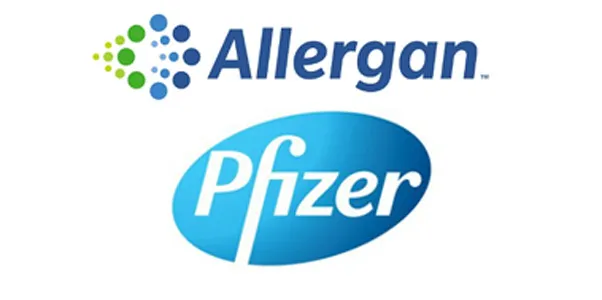WOONSOCKET, R.I. — CVS Health Research Institute experts have urged cardiologists to consider changing their treatment guidelines for patients with high cholesterol as a new class of high-cost medications arrives on the market.
A commentary published online in the Journal of the American Medical Association on August 10 argued that the new cholesterol-lowering drugs, known as PCSK9 inhibitors, should prompt changes to treatment guidelines, lest they complicate treatment choices and make it more difficult for patients and payers to control costs.
“As PCSK9 inhibitors become available, the current cholesterol management guidelines do not provide clarity as to how these expensive new medications could fit in the treatment paradigm, potentially resulting in some scenarios where a prescriber could consider a PCSK9 inhibitor for a low-risk patient,” said Dr. William Shrank, chief scientific officer at CVS Health. “There is a need for consensus around management strategies for patients with high cholesterol, given that the cost differential between proven older therapies and this new class of drugs is substantial. In fact, if used broadly, PCSK9 inhibitors would likely be the most costly class of medications we’ve seen thus far.”
At issue is the practice of aggressively treating patients deemed to be at high risk for cardiovascular disease with high-dose, high-potency medications to manage their cholesterol levels. That approach was incorporated into the American College of Cardiology/American Heart Association guidelines in 2013, replacing the principle that physicians should treat patients to a specific cholesterol target based on their cardiovascular risk.
The CVS commentary points out that the new guidelines were established at a time when statins, an effective, low-cost treatment option, were the primary treatment for high cholesterol, and the only one with proven improved outcomes. That meant the change in guidelines had only a limited financial impact on patients and payers. The arrival of PCSK9s in the marketplace could dramatically change that. The authors of the CVS commentary warn that the current guidelines do not provide clarity on how cardiologists should choose the best evidence-based therapy to achieve cost-effective clinical outcomes.
“As we work to encourage cost-effective use of these new cholesterol-lowering medications for our PBM clients, guidelines that incorporate specific LDL targets would be important to help determine where PCSK9 inhibitors best fit,” said article coauthor and CVS Health chief medical officer Dr. Troyen Brennan. “Given the changing market dynamics, we are encouraging an evaluation of treatment guidelines that will provide clear guidance for clinicians and will also enable effective utilization management programs to help control health care costs while achieving desired health outcomes.”
The Food and Drug Administration in July approved Praluent (alirocumab), the first PCSK9 inhibitor, for treatment of high cholesterol, and approval of a second therapy is expected soon. Praluent will cost more than $14,000 a year per patient and will most likely be taken for the duration of a patient’s life. That will represent a significant strain on the nation’s health care system, according to the commentary authors, who point out that 73 million adults in the United States have elevated LDL-C, a major contributor to cardiovascular disease.
The authors also point out that the FDA advisory panels, which met earlier in the year, noted the lack of outcomes data for this new class of medicines and recognized the need for more broad evaluation to assess potential adverse effects.








